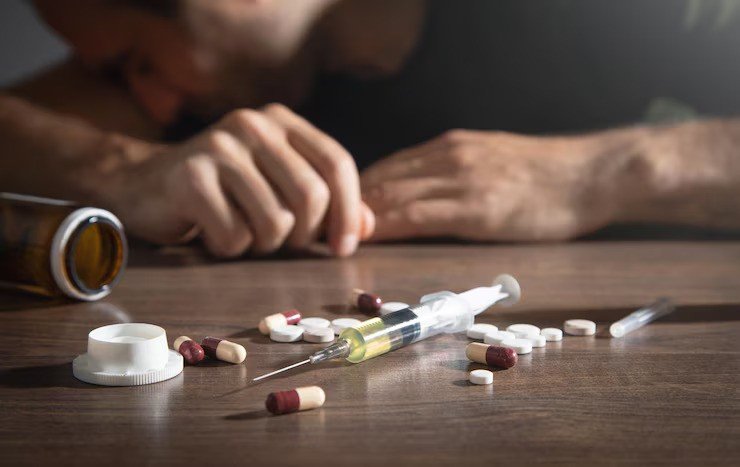WHAT IS ADDICTION?
Addiction is defined as a chronic disorder that affects the mind and the body. It is treatable but it may worsen if it is left untreated. It affects a person’s daily life, relationships, and academic or professional life.
WHAT ARE THE TYPES OF ADDICTION?
There are two main sets of addiction:
- Substance Addictions (Substance-Use Disorders)
- Non-Substance Addictions (Behavioral Addictions)
Substance Addictions
This is commonly referred to as substance use disorder. These include substances that have the potential to become addictive. They can be prescription-based medications or non-medical substances such as:
- Alcohol
- Caffeine
- Marijuana
- Opioids such as heroin and codeine
- Stimulants such as cocaine and methamphetamine
- Tobacco/nicotine – cigarettes and electronic cigarettes (e-cigarettes or vaping)
- Hallucinogens, such as LSD AND PCP
- Hypnotics, sedatives and anxiolytics
- Inhalants such as aerosol sprays, paint thinners, gases and nitrites
Behavioral Addictions
Presently, the DSM-5 only identifies gambling disorder as a diagnosable behavioral addiction in the subdivision of “non-substance-related disorders”.
However, addiction to any activity or habit which becomes all-consuming and causes mental, and physical health issues and such are considered behavioral addiction. These typically have a negative influence on a person.
Examples of possibly addictive actions involve:
- Gambling
- Eating
- Exercising or dieting
- Video games
- Watching pornography
- Shopping or shoplifting
WHAT ARE THE SYMPTOMS AND SIGNS OF ADDICTION?
While the symptoms or signs of addiction differ from person to person and the level of addiction may vary based on the substance or activity. The typical signs include:
Being unable to stop
An individual may intake a substance or keep engaging in an addictive behavior even if they want to stop. They may try to quit or decrease the use of substances but they may be unable to stop. As a result, a person may also hide or lie to close ones.
Increased tolerance to the substance or behavior
An individual may increase the intake of the substance or the activity in order to feel the same level of pleasure as before.
Extreme focus on the substance or activity
A person with an addiction may become increasingly focused on the substance or activity. They may think, feel and crave the addiction and it preoccupies their daily life.
Losing control
An addiction may cause a person to lose control, despite knowing the harmful effects of the addiction. They may feel feeling guilty, helpless and in most cases, depressed.
Impact on daily life
Addiction of any type can have a negative impact on a person’s daily life. This also affects their mental well-being, physical health, interpersonal relationships and professional life. They may have problems completing tasks at work, school/university and at home.
Withdrawal symptoms
People with addiction may experience a range of physical and emotional withdrawal symptoms when they stop using. Physical symptoms involve shaking, sweating or vomiting. They may also experience mood-related changes such as becoming irritable and anxious.
WHAT CAUSES AN ADDICTION?
There is not a particular cause for addiction, so far there are certain factors that contribute to an addiction. These include:
- Changes in brain chemistry
- The feeling of reward/dopamine hit
- Genetics
- Environmental factors
- Being diagnosed with a mental health disorder
HOW IS AN ADDICTION TREATED?
Medications
A psychiatrist may prescribe medications that can decrease the cravings and continuing withdrawal symptoms. If you have another mental health condition, such as bipolar disorder or depression, your provider may treat those with medications as well.
Rehabilitation
A rehabilitation center provides in-patient services as well as scheduled appointments where patients with drug, alcohol and other addictions can get the treatment and focus on recovering long-term.
Therapy
Common types of therapy such as talk therapy and cognitive behavioral therapy can help individuals change their habits and behaviors and get rid of the addiction.
Support groups
Support groups are formed typically for alcohol and drug users. This helps them manage their addiction as it provides them with a safe and supportive environment where other people are going through the same thing and they share their experiences and recovery journey.


